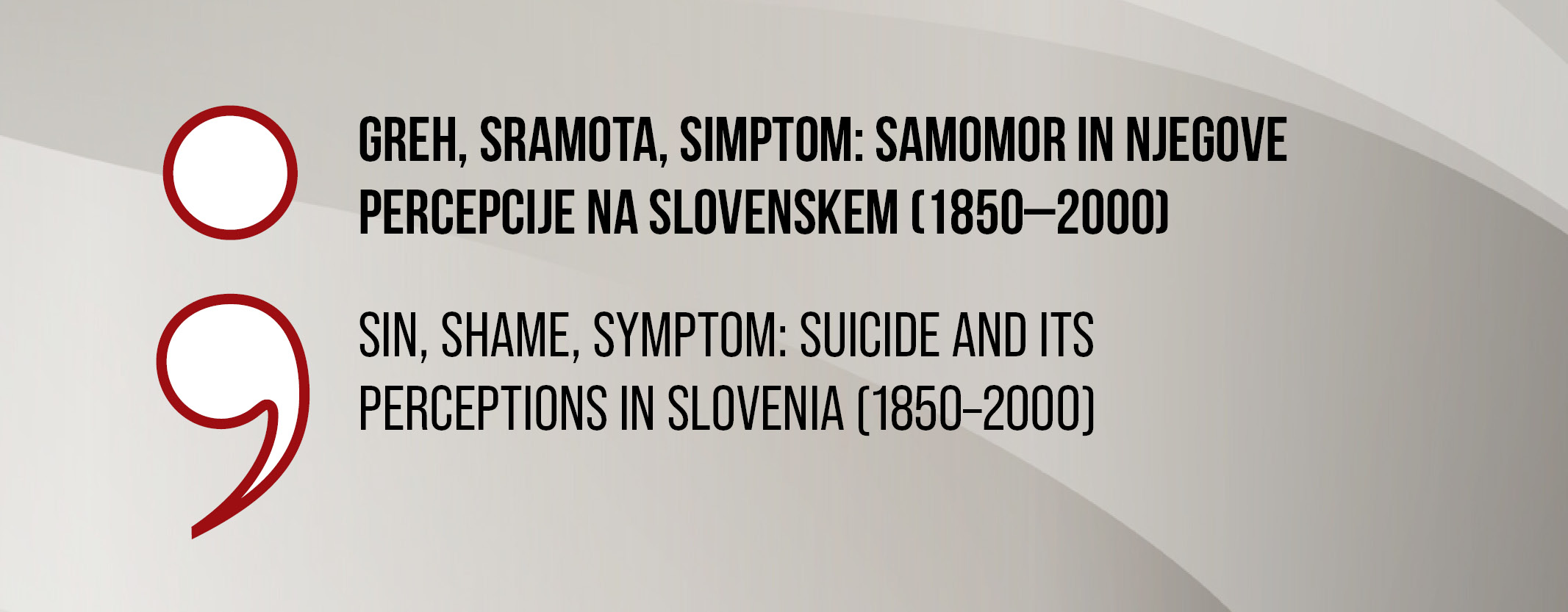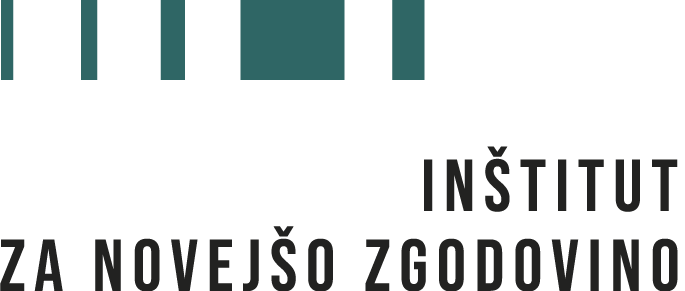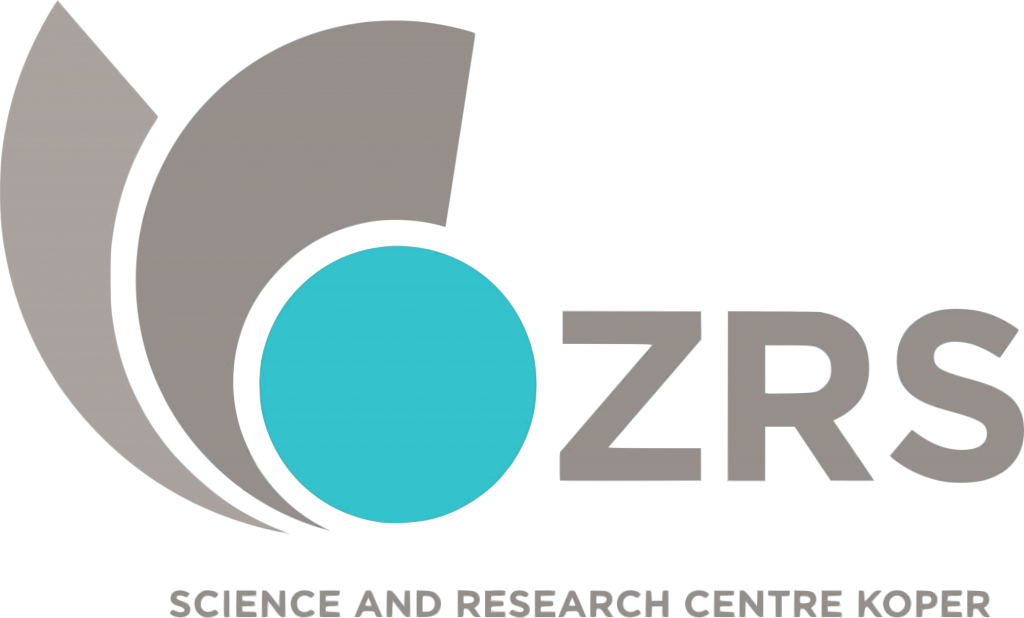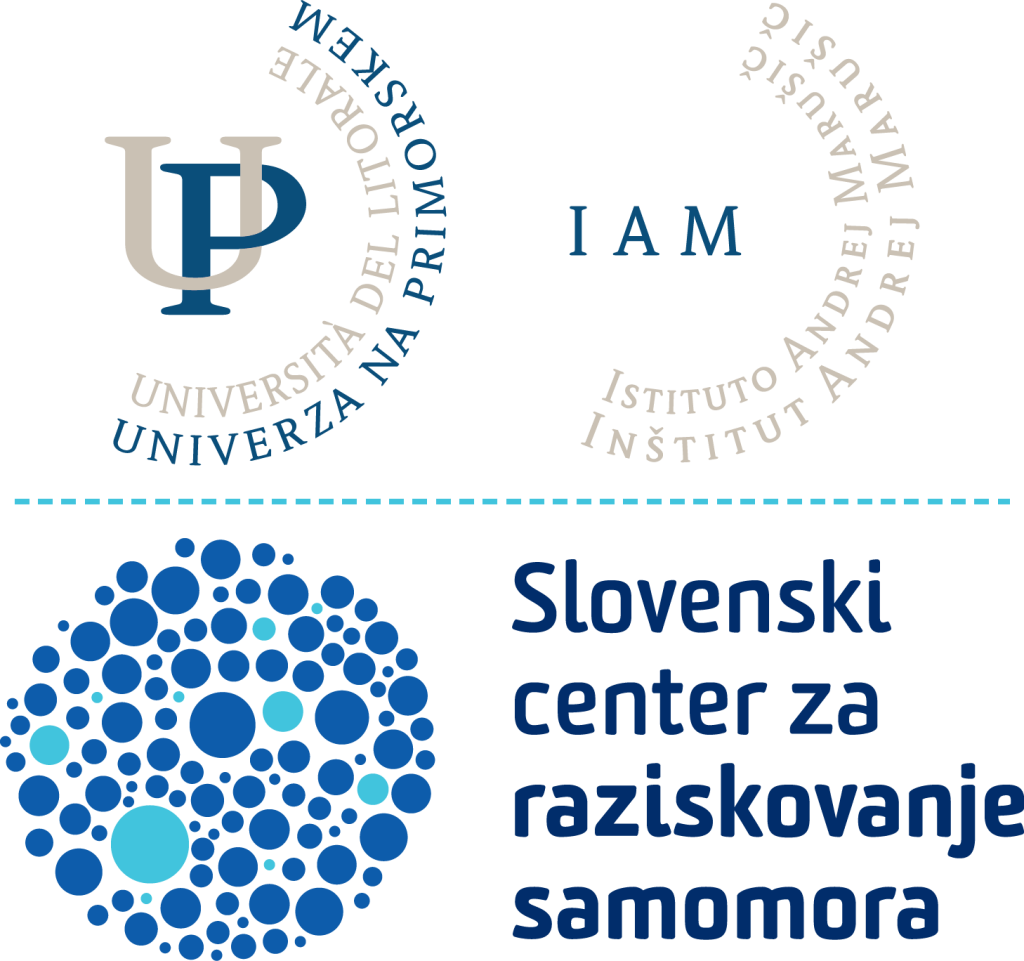
Project Sin, shame, symptom: suicide and its Perceptions in Slovenia (1850-2000)
Workshop Suicide and Society, 14 June 2023, Institute of Contemporary History, Ljubljana, Slovenia
The project deals with the phenomenon of suicide in Slovenia, which has so far been discussed from the point of view of medicine (especially psychiatry), forensics and psychology, but the historical aspect of the subject has not yet been thoroughly addressed. The fact that the suicide rate in today’s Slovenia has increased dramatically in more than a century: from 3 suicides per 100,000 inhabitants according to statistics in 1873 to more than 35 (in some parts of the country even more than 60) in the last decades of the 20th century, has attracted much attention and still does, despite possible errors in these statistical representations.
The research focuses on the period after the decriminalization of suicide after 1850, which allowed a shift in emphasis from punishment to prevention and turned suicide from a criminal and sinner into a patient. The gravity of the act was transferred to the conscience of the individual, and suicide became and remained a disgrace to the family of the deceased, as the practices of defaming the deceased continued, especially through the rejection of Christian burial in consecrated ground and the social excommunication of the relatives.
The suicide will serve as a case study for a broader socio-historical analysis of changes in values, thinking, behavior, and prevailing public discourse in Slovenia during the period under consideration, and will examine the origins and consequences of the social stigma that accompanies suicide today.
The results of the research will offer a comparative study of Slovenia in comparison with neighboring, mainly German- and Italian-speaking areas, show its specificity within Yugoslavia and analyze its causes and will contribute to the understanding of the changes that have shaped Slovenian society over the last two centuries.



